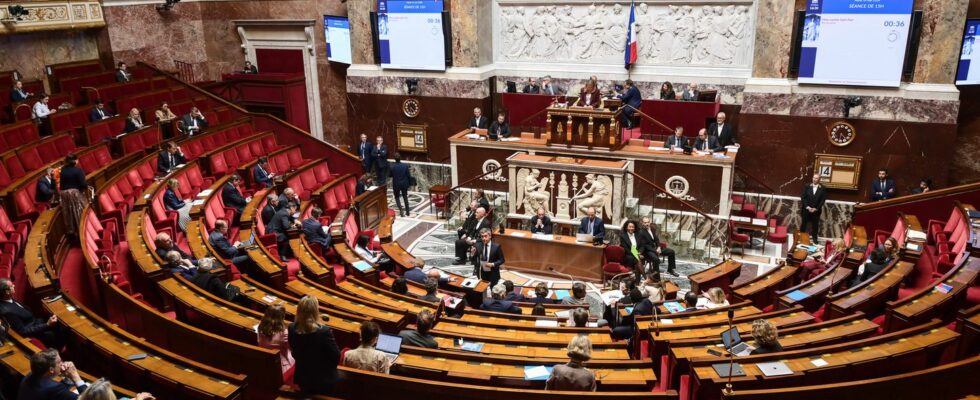Beyond the debate between defenders and opponents of “assisted dying”, the end-of-life bill promises intense debates in the Assembly for the first reading examination which begins this Monday in the hemicycle , for two weeks. Some deputies want to broaden the scope of the government text, others to restrict it. Nearly 3,300 amendments were tabled.
The differences mainly revolve around the criteria for access to “assisted dying”, one of them having been modified in committee, thus extending the number of potential beneficiaries. What are the main blocking points? 20 minutes sums it all up for you.
The vital prognosis involved
To benefit from “assisted dying”, you must also be suffering from a “serious and incurable condition in an advanced or terminal phase”, according to the text adopted in committee, with the support of the general rapporteur Olivier Falorni (member of the MoDem group).
But the government tabled an amendment to return to the initial version, according to which the person must suffer from a “serious and incurable condition involving their vital prognosis in the short or medium term”. The government justifies this request by too broad a definition of the term “advanced phase” from a medical point of view. The goal: to avoid including inflammatory diseases, such as severe progressive rheumatoid arthritis, or neurodegenerative diseases, such as Parkinson’s disease or late stage multiple sclerosis.
For his part, the general rapporteur points out the “great difficulty of establishing what the medium term is”. On the right, deputies propose limiting themselves to “terminal” patients.
Discernment
Another condition: patients must be “able to express their will in a free and informed manner”. But when ? MPs from the left and from the presidential camp are asking to add the possibility for a patient who has lost his judgment to benefit from “assisted death”, if he has formalized this wish beforehand in advance directives. People suffering from Alzheimer’s disease could ask to have access to it “when, for example, they no longer recognize their children”, argues environmentalist MP Sandrine Rousseau.
Conversely, some want to tighten the guarantees around discernment. LR deputies want there to always be the opinion of a psychiatrist before a medical green light to a request for “assisted dying”, or that there be a recording of the request before a judge.
An amendment adopted in committee provides that the patient can specify in his instructions the “type of support for assisted dying” desired in the event that he loses “irreversible consciousness”. The government wants to remove this addition during the session.
The author of the act of euthanasia
Another question: who will be able to administer the lethal substance to the patient? The text provided that the patient administers it himself, unless he is unable to do so. In the latter case, he may be helped by a doctor, a nurse or a “volunteer” designated by him. But an amendment from Cécile Rilhac (related to Renaissance) opens up the possibility of freely choosing to delegate this gesture to a third party.
Deputies want to prohibit any intervention by a third party and that only the patient can carry out the gesture. Others ask that it cannot be a loved one, judging that this responsibility could be too heavy to bear psychologically.
The government having ruled out any accelerated procedure, examination of the text could last until the summer of 2025, or even longer.

